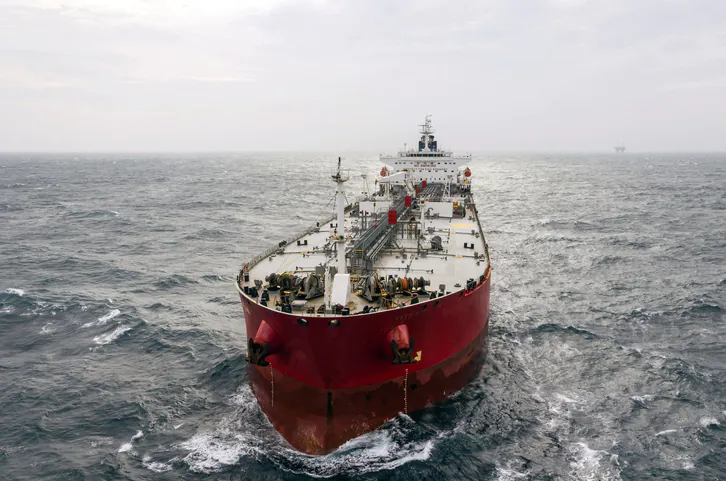The petroleum industry in the United Arab Emirates (UAE) has long been one of the world’s largest in terms of oil reserves, petroleum production and crude oil exports, and has since become the backbone of the country’s economy. The UAE is currently the seventh largest petroleum producer and fourth largest crude oil exporter in the world; and hydrocarbon export revenues in the UAE are projected to account for $65 billion in 2017, roughly 20% of all export revenue. Today, despite the decrease in the country’s petroleum revenues caused by the decline in global oil prices, the UAE still remains as one of the most important players in the global petroleum industry
According to the EIA (U.S. Energy Information Administration estimates, the UAE holds the seventh-largest proved reserves of oil in the world at 97.8 billion barrels, with most of the reserves located in Abu Dhabi (approximately 96% of the UAE’s total). The other six Emirates account for just 4% of the UAE’s crude oil reserves, led by Dubai with approximately 2 billion barrels. In total, the UAE holds approximately 6% of the world’s proved oil reserves.
Connect with top petroleum companies in the UAE
Petroleum Industry production in the UAE
In 2016, The UAE produced 3.7 million barrels per day (b/d) of petroleum and other liquids, of which 2.9 million b/d was crude oil and the remainder was non-crude liquids (condensate, natural gas plant liquids, and refinery processing gain), making the UAE the fourth-highest petroleum producer in OPEC behind Saudi Arabia, Iraq, and Iran. A heavy programme of investment in Abu Dhabi, amounting to more than US$70 billion, continues as the emirate’s Supreme Petroleum Council (SPC) and the Abu Dhabi National Oil Company (ADNOC) seek to achieve a target of 3.5 million barrels per day by 2017.
Currently, the UAE has several crude oil streams, including the Murban—a light and sweet (low sulfur) crude oil that is the country’s primary export stream. Abu Dhabi has started offering a new crude oil stream called Das since 2014, which is a blend of two existing streams—the Umm Shaif and Lower Zakum crude oil streams. Zakum field is Abu Dhabi’s largest oil reserves with 50 billion barrels, and 585,000 bpd, and this number is expected to reach 1 million bpd by 2024.
Petroleum exports from the UAE
When it comes to international trade, the UAE is both a major exporter and a consumer of petroleum liquids. The U.S. Energy Information Administration (EIA) estimates that the UAE exported more than 2.5 million b/d of crude oil in 2016, with most of it going to markets in Asia. In addition to being a major global petroleum exporter, the UAE domestic market relies heavily on petroleum product imports to meet energy demand. Most of the UAE’s petroleum imports are residual fuel oil, with limited imports of motor gasoline and diesel fuel.
The UAE’s leading position in the global petroleum industry has also attracted a significant number of buyers and traders from all over the world to source the best business deals. To help your petroleum business stay at the peak of the industry, BizVibe provides the best solutions to source products and make business deals with the top petroleum suppliers in the UAE. The state of the petroleum industry in the UAE is expected to continue prospering.



